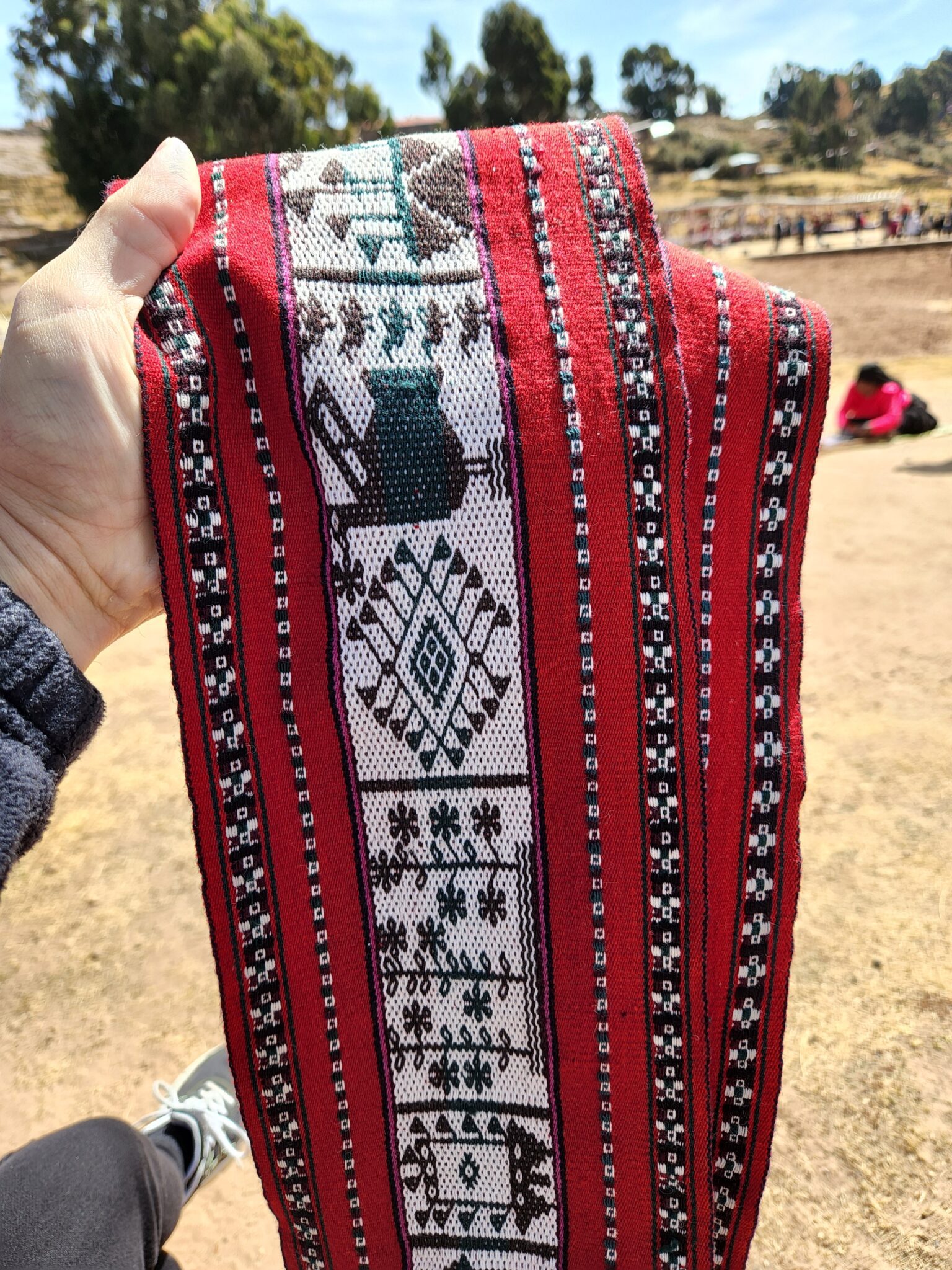Cusco Elevation : Will I Get Elevation Sickness?
James Bustamante is Native to New York but born to Peruvian parents. He has been traveling throughout Latin America since early 2003 and finally made his home in Peru. James has made his way by eating and traveling through almost every country in Central and South America.
Last Updated on May 6, 2021 by James Bustamante
Travelers are often worried about the Cusco elevation and whether they will suffer altitude sickness over the course of their Peru trip. Having elevation sickness symptoms while you are on a vacation has to be one of the most troublesome situations to be in. Let’s go over some high elevation details about Cusco. The symptoms you might experience while in the city, how to prevent sickness under the Cusco elevation, and ways we can get over any negative symptoms.
What is The Altitude of Cusco Peru?
The Elevation in Cusco is 11,151.5 feet above sea level, which’s 3,399 meters above sea level for our metric system users. This is by no means “just a little altitude” and will take some acclimatization time before going out on tours or other activities.
An interesting bit of information is that the Machu Picchu Hike put you at a lower elevation than in Cusco. The difference is by several hundred feet actually. The city of Cusco is quite high in elevation however it is not the highest city in the province of Cusco. Below a chart with the highest cities in the province of Cusco.
Cusco Elevation by City
| City | Elevation in Feet | Elevation in Meters |
| Yauri, Cusco | 13,044.62 feet above sea level | 3,976 meters above sea level |
| Yanaoca, Cusco | 12,837.93 feet above sea level | 3,913 meters above sea level |
| Sicuani, Cusco | 11,643.7 feet above sea level | 3,548 meters above sea level |
| Cusco, Cusco | 11,151.57 feet above sea level | 3,399 meters above sea level |
What is Elevation Sickness?
The high Cusco elevation would begin to have effects on your body at the starting altitude at around 5,000 feet above sea level (1,524 meters above sea level). The initial symptoms include your body trying to react to the lower amount of oxygen it is receiving.
Remember that when you are in higher elevation like in Cusco, there is less oxygen in the air for your body to breath in. So, as we go higher and the available oxygen gets lower the human body will gradually try to adapt by taking faster and deeper breaths. When the body is doing this, it is also producing more red blood cells to transport the oxygen in.
Here lies the problem, if you gradually increase the elevation, symptoms are pretty easy to manage. However, if you go from a sea-level city like Lima and an hour later (via a flight) you are stepping into almost 12,000 feet of Cusco elevation then you might have stronger symptoms.
It is not strange for travelers arriving in Cusco to experience some kind of symptom from the higher elevation in Cusco. It is actually strange to be completely ok on days 1 and 2 of your trip and not have any symptoms.
Some travelers however are far more susceptible to the changes in elevation than others. It helps to be in good physical condition but in my experience, the elevation in Cusco can affect anyone regardless of physical conditioning, sex or even age.
What Symptoms Should I Look Out For?
There are a few indicators to know if you are having issues with the Cusco elevation when you arrive. Below are a few of the most common symptoms.
- Fatigue
- Headache
- Dizziness
- Difficulty sleeping
- Nausea
- Loss of appetite
- Vomiting
Will I Get Elevation Sickness in Cusco?
Almost everyone that arrives in the city will feel the effects of the Cusco elevation to some degree. Some travelers might feel a slight difference in pressure, some a headache while others might have more severe symptoms like vomiting and diarrhea. It really depends on each person and whether they follow the acclimatization protocol or not.
How Can I Avoid Getting Sick in Cusco?
There are a few ways to avoid coming down with elevation sickness when you reach Cusco. Remember that it is not likely to not feel a change in elevation so everyone will have at least something they suddenly feel has changed in their body, this can range from a mild feeling of sudden pressure to vomiting and diarrhea for the more susceptible travelers. If you want to avoid getting sick in Cusco then try the following suggestions.
Check in and Relax for The Day
We begin by taking it easy as soon as we land in Cusco. The best thing to do is get to your hotel, check in, have some coca tea, and relax for the rest of the day. In fact, the first 2 days of the visit should mostly be you relaxing throughout the day. Your body will mostly acclimate while you sleep and not so much while you are active.
Stay Hydrated
Next, make sure to have plenty of fluids when you get to Cusco. Dehydration and high elevation do not mix well. Remember you’ve most likely been traveling from your country of origin to Lima and then to Cusco. You might have been traveling 10+ hours at this point and keeping hydrated might not have been on the top of your list at this time.
Try The Organic Peruvian Coffee
Caffeine is helpful during these initial days so a good cup of coffee or Coca tea will do wonders if you are feeling the more mild effects of the elevation in Cusco. The Inca used the coca leaf for energy as well as to help alleviate the effects of the high elevation due to the instant energy it provides.
Eat Light Meals
Keep meals small and on the light side. Your body is already working harder than usual to get the oxygen into your lungs, it is not a good idea to divert some of the energy into digesting big meals. The majority of travelers who decide to binge on the breakfast buffet at the Cusco hotel end up regretting it the first day and might have stomach issues well into the second.
No Alcohol
Leave the alcohol for the end of the trip. It is a wise idea to leave the beer, Pisco sours and other cocktails out until you have been acclimated. Alcohol will naturally dehydrate you and as mentioned before, dehydration and high elevation are a bad combination. A hangover at 12,000 feet above sea level is even less fun than it sounds so take special care if you visit one of the bars in Cusco.
What Are Some Remedies for Elevation Sickness?
Try Resting
If you are feeling ill from the effects of the high Cusco elevation, then we suggest starting with “rest”. Make sure you rest to give your body a chance to acclimate properly. The human body recovers and adapts while you sleep.
Oxygen Canister Shots
You can also get cans of oxygen which are sold in Cusco for around $16/canister. Each one of these oxygen cans can give you a shot of oxygen that will help alleviate any symptoms you might be feeling. You will still need to properly acclimate though and the oxygen shot will only momentarily help.
Visit The Doctor
If your symptoms are too much to handle then try seeing a doctor in Cusco so he can prescribe something until your body adapts. Since we have a doctor on call in Cusco tell your travel advisor to make an appointment for you.
Conclusion
The city of Cusco as well as the surrounding towns are beautiful places to visit. As long as you arrive and take it easy for the first couple of days you should be able to adapt to the elevation and recover from any symptoms you might be experiencing. For more information the elevation in Cusco or about anything Peru travel related, such as Machu Picchu tours, contact one of our travel advisers today.




